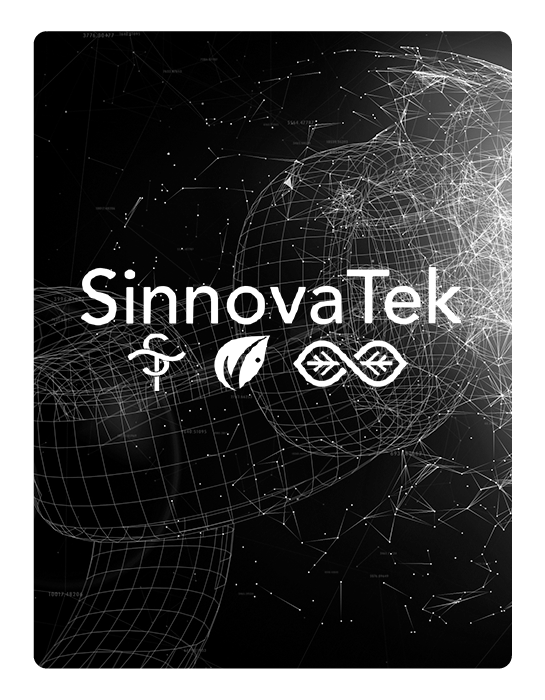The Nomatic contributes to reduced food waste due to the small processor size with high yields, while improving access to high quality processing technology and the use of locally-machined equipment components, and enables the scientific and research advancement of food products.
SinnovaTek may be located in Raleigh, but the company is making a significant impact on the lives of young children in sub-Saharan Africa – where 48 percent of children under five years old suffer from vitamin A deficiency. The companyʼs Nomatic processing system is helping to address this issue in Kenya with the production of sweet potato puree.
The Nomatic allows for high quality small scale, distributed processing for high acid and low acid shelf-stable foods when paired with the appropriate filler. Thus far, similar processing systems have only been available at large scales, with high minimum order quantities. This system now has four installations and a new manufacturing facility and subsidiary, FirstWave, that is being built around the concept of small-scale aseptic food manufacturing, and servicing customers who would not otherwise have access to high quality food processing. This unique processing system is enabling a range of projects with direct societal benefits, including improving public health due to the creation of healthy, nutrient-rich food products.
Small Business Innovation Research (SBIR) funding was integral in validating the base technologies behind the Nomatic processing system. Without this key comparison data, the system would not be as robust, nutrient analysis would not be as detailed, operating costs and yield would not be well understood, and sensory profiles would not be data-driven. In addition to moving the Nomatic processor from a testing phase to commercialization, SBIR funding has contributed to the steady employment of a team of 7 people, and the creation of a new subsidiary expected to employ 20 people by the end of 2021. SinnovaTek has seen approximately $1.5 million in sales, with 5 systems sold in 2019, another 6 projected to be sold in 2020; and, $1.3 million in further funding and investments. Through SinnovaTek’s subsidiary, FirstWave, the company plans to produce for other brands at this scale.
The Nomatic contributes to reduced food waste due to the small processor size, while improving access to high quality processing technology. The Nomatic system can also be used for personalized nutrition products, as it allows for processing batches as small as 5 liters, enabling customized products through an automated order system. This technology has enabled a program to sterilize orange-fleshed sweet potato (OFSP) to use in making bread to provide a rich source of natural Vitamin A to the general population. The small-scale design combined with nutrient retention capabilities of microwave processing has made this initiative possible. Nomatic is also used in research and development at university facilities, enabling the scientific and research advancement of food products
As SinnovaTek continues its mission to promote worldwide health and wellness through the development of sustainable processing technologies that foster the delivery of high quality, healthy foods, it is also enabling entrepreneurs as well as large brands to produce and offer innovative products that historically have not made it to market, due to the previous inability of aseptic food production to be economically scaled.


